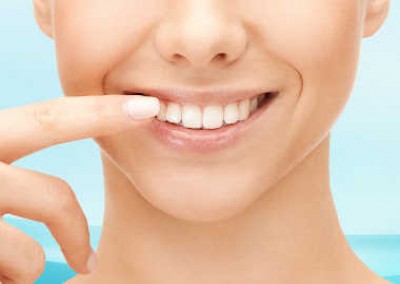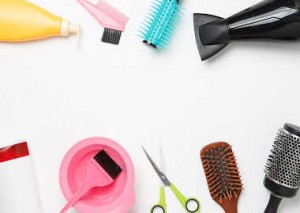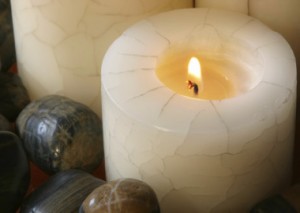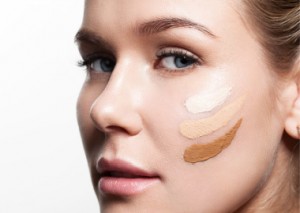
by BR Tabatha
Loofahs. Poufs. Scrubby nets. Shower thingy.
Whatever you call it, if you use a natural loofah or a plastic net version or even a Konjac Sponge, you're probably going to add 'buy a new one' on your to-do list. You see, that seemingly simple scrubber that leaves your skin feeling soft and smooth could actually be one of the dirtiest things in your bathroom.
According to the Journal of Clinical Microbiology; "loofah sponges (and other exfoliatives) can serve as a reservoir and a vehicle for the transmission of potentially pathogenic species to the human skin" In other words - they're a breeding ground for bacteria and icky stuff that can cause folliculitis, yeast, and fungal infections.
Think about it - loofahs, natural or plastic, have lots of, well, gaps, for dead skin cells to accumulate. Natural loofahs are also really porous, which means they'll hold a lot of water between uses. And what do we do after using them in the shower? We leave them in the moist shower environment between uses, which means regardless of type, loofahs never really dry out. Ergo. Bacteria. And lots of it.

If you're suffering from break outs on your body, or irritated skin, the culprit may not be that new shower gel, or the aftermath of shaving. It could in fact be that which you rely on to get clean.
Here are the four rules of owning a loofah.
1. Relace them often
If you choose to use a natural loofah you'll need to replace it monthly. YES, you read that right, every single month. If you use a plastic pouf then every other month. Which we know - isn't kind to the environment. So maybe stick with natural.
2. Dry after every use
Before you get out of the shower rinse your loofah through well and hang is somewhere cool and dry (outside of the shower) to air dry thoroughly before the next use.
3. Clean it weekly.
Once a week you'll want to disinfect your loofah. You can soak it in a diluted bleach solution or a tea tree solution or even run it through the dishwasher. If it's a natural loofah you can completely saturate it with water before microwaving for a couple of minutes. (Don't do this with a plastic pouf!)
4. Know where and when to use it.
Don't use a loofah on your face or genitals - not just for hygiene reasons, but simply because these delicate areas really don't need scrubbing that hard.
Don't use a loofah directly after shaving or on any open shaving sores.













Wow that is way more high maintenance than I was expecting. I would still opt for the loofah over a plastic product though. Hmm maybe I need to start growing loofahs!